
Why big companies fear the Responsible Business Initiative
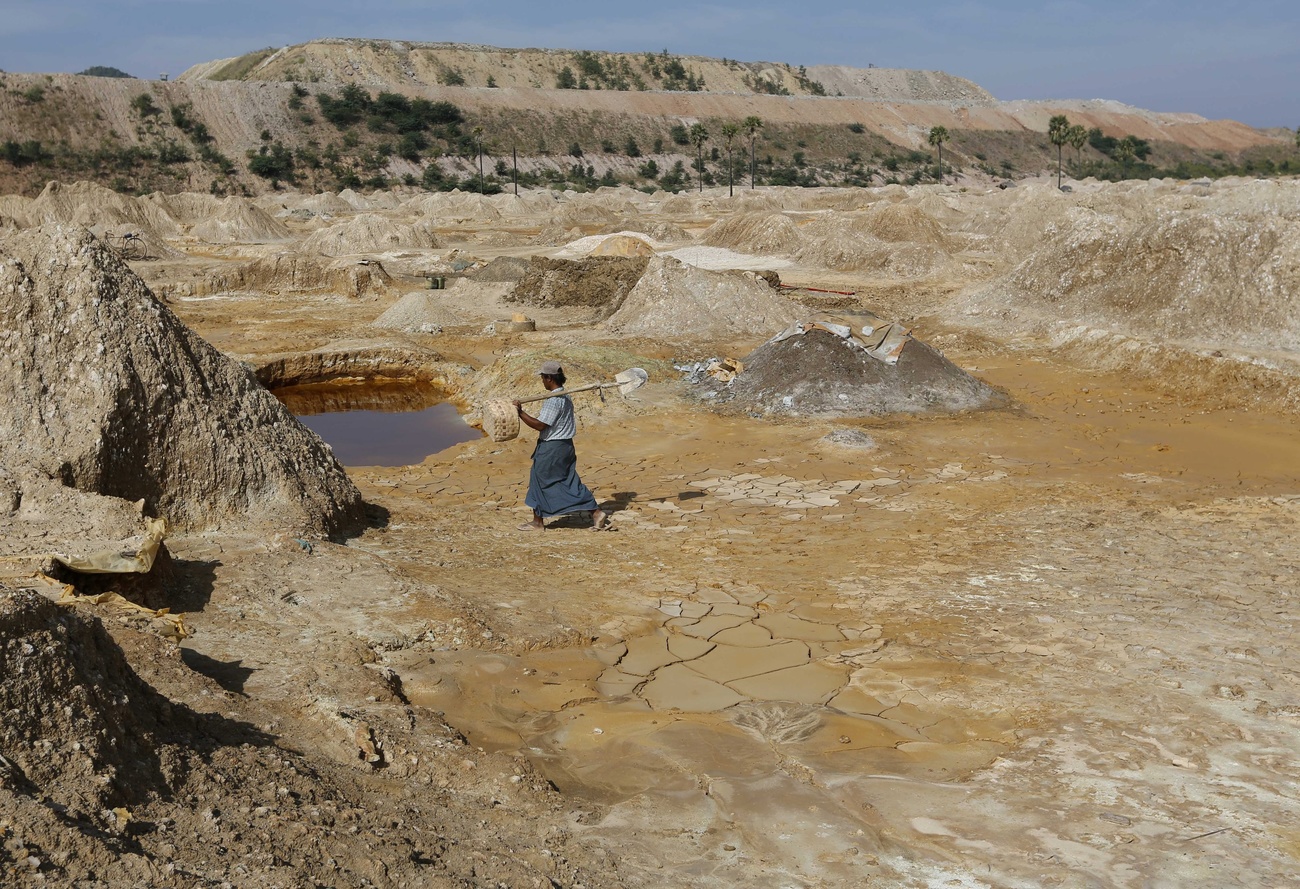
Big multinationals in Switzerland have been nearly unanimous in their rejection of an initiative to make companies more accountable for their actions abroad. What are they afraid of?
In a letter released a couple weeks ago, several board members of major Swiss multinationals urged the Swiss to vote against the so-called “Responsible Business Initiative” on November 29. The president of the board of Swiss cement manufacturer LafargeHolcim calledExternal link the initiative’s demands “a gigantic absurdity” in the newspaper Le Temps and board members of Novartis and Nestlé have both said they fear a flood of lawsuits if it is approved, which would cause them to reconsider investments in high-risk countries.
The source of their concern is the initiative’s liability clause that would allow an individual to sue a company for a violation of their rights. However, the initiative gives companies an escape route. The text reads that if companies can show that they took due care to ensure respect for human rights and the environment, they can’t be held liable.
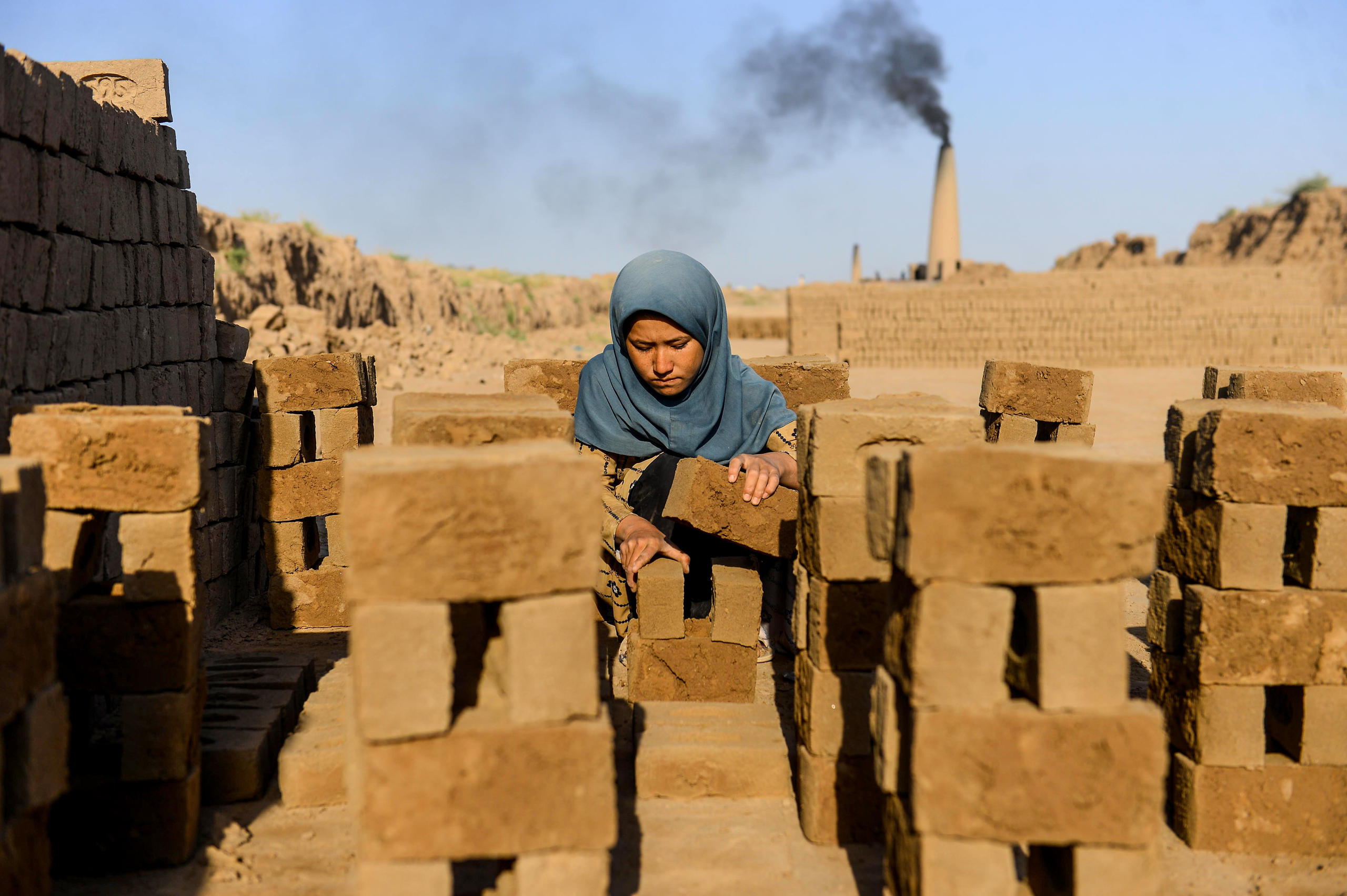
More
Corporate responsibility divides business and civil society
“Responsible companies therefore have nothing to fear, and indeed stand to gain from such legislation,” says Johannes Blankenbach from the Business & Human Rights Resource Centre, a research NGO that tracks the impact of 10,000 companies worldwide.
Some legal experts argue that companies can already be held liable for damages abroad under Swiss law and that the initiative brings more clarity to the situation. The big multinationals in Switzerland have espoused commitments to human rights and the environment and have policies and practices to back it up. So why are they so nervous?
What’s ‘good enough’?
Yann Wyss, a senior public affairs manager leading Nestlé’s work on human rights, says that allowing the company to show it took due care to avoid risks doesn’t ease its concerns about liability.
“You can have demanding policies in place, but you never can be 100% sure of how people behave. We can’t take that risk.”
This was echoed by a manager at one of the largest commodity traders who said that the company knows where its risks are but that “no matter what we do it will never be enough”.
Other companies share those views, saying that the definition of “enough” isn’t clear. In 2011, after more than five years of discussion, the UN Human Rights Council unanimously endorsed the UN Guiding Principles on Business and Human RightsExternal link. They state that it isn’t just up to governments to protect human rights; companies also bear a responsibility in their operations and across their entire supply chains.
The Principles call on companies to identify, prevent and mitigate their risks but stop short of setting a standard on what is “good enough” to be freed from liability.
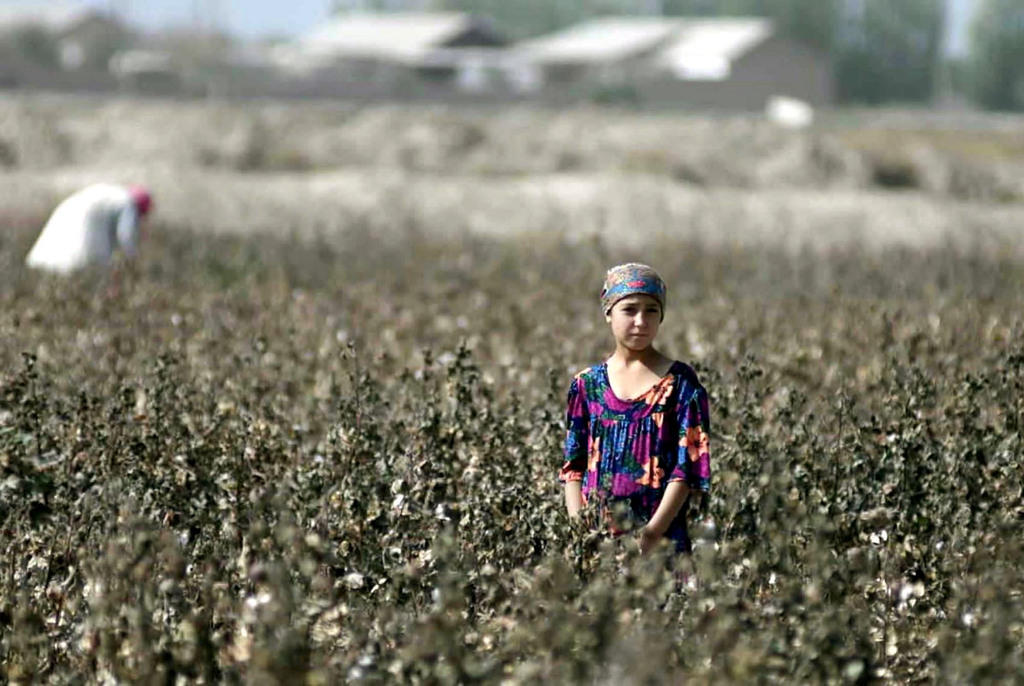
More
How easy is it to hold Swiss companies to account abroad?
This was never the intention, explains Nicolas Bueno, a legal researcher at the University of Zurich. Instead, the aim of the Principles was to reduce human rights risks and prevent harm.
A spokesperson for the industrial giant ABB told swissinfo.ch that what the initiative demands is not only impracticable but “the wording creates substantial legal uncertainty”.
But Bueno disagrees. Companies can theoretically already be held liable under a vague definition of fault in the Swiss Code of Obligations (Article 55External link). The initiative introduces objective criteria for companies to show that they did everything they could to prevent the damage but it still happened.
“I don’t see it increasing uncertainty. On the contrary,” the researcher says, adding that companies aren’t expected to identify every risk. “The whole concept is prioritisation.”
According to legal experts contacted by swissinfo.ch, Swiss companies can already be held liable for their wrongful actions abroad under foreign law, or if Swiss law applies, based on the four elements of liability (damage, wrongfulness, causation, fault) in Article 41 of the Code of Obligations. Some legal scholars also interpret Article 55 as the basis for corporate liability for the actions of subsidiaries.
However, this matter is complex because the “legal wrong” is normally defined by the law in the place where the action occurred. But, in such cases, the local law may not consider the actions illegal or people may not have access to justice. The Responsible Business Initiative (RBI) wants to apply a different standard to such situations– namely the Swiss or international standards.
Supporters and critics of the RBI dispute whether the initiative will create new law or only clarify existing law. Mladen Stojiljković, an international litigation and arbitration attorney at Vischer law firm in Zurich, says that “both sides have a point because there is no precedent, no Swiss court has ruled that companies are liable based on Swiss law for their subsidiaries’ actions abroad involving human rights and environmental violations.”
Some have argued that the burden of proof is reversed for the entire claim, which is not the case according to Stojiljković.
The liability the initiative is proposing does not require proof of fault so that “there is also no reversal of the burden of proof. On the other hand, the fact that companies can show that they were not at fault [through due diligence], can be viewed as a reversal. Both sides have an argument”.
Worried about the gaps
Sibylle Baumgartner from focusright, a Zurich-based firm that advises companies on such prioritisation, said that due diligence – the process of keeping track of what’s happening throughout their supply chains – is abstract for some companies.
How do you decide which suppliers to audit? Should you prioritise child labour issues over tackling discrimination in the workplace? What happens when a business model is based on selling expensive drugs or trading fossil fuels, which by their nature has risks?
The UN Principles offer guidance, but gaps remain. This means that a risk could emerge that a company didn’t have on its radar. Companies are worried about those gaps, and the potential legal exposure.
“You have to start with where there could be the most severe human rights abuses,” says Baumgartner. For example, if you buy cobalt from international traders, you have to assume that it comes from the Congo where there are known issues of child labour in the mines.”
Baumgartner adds that it is no longer enough, in the court of public opinion, for companies to say that they didn’t know. But few big companies can trace their products all the way to the source.
Nestlé buys from six million farmers every day. “If you want to know your risks, you need to know where the raw materials come from,” says Wyss. Nestlé knows where 70% of its volume comes from, but he is not sure they will ever be able to trace 100% back to the source.

More
Swiss multinationals: global heavyweights in high-risk sectors
Question of confidence
Companies’ strong pushback on the initiative says something about their confidence – or lack thereof – in their own due diligence efforts, says Florian Wettstein, a business ethics professor at the University of St Gallen.
“Companies say they are aligned with the UN Principles, but many know that they aren’t doing what they should when it comes to due diligence,” he says, while acknowledging that “it is a difficult undertaking”.
Pharma giant Novartis has more than 100,000 direct suppliers and another 500,000 deeper in its supply chain. The company told SWI swissinfo.ch that some of its greatest due diligence risks may lie several tiers in the chain and trying to assess and manage all of them is a huge challenge. For example, in 2018, there were allegations of forced labour at Brazilian farms that harvest carnauba wax – an ingredient in some pharmaceutical products.
The allegations didn’t involve the pharmaceutical sector directly, but Novartis launched an investigation since the wax can be used for coating pills. It didn’t find forced labour with its suppliers but is encouraging the wider pharma industry to address it.
Studies show that most companies are far from even considering these issues. The European Commission found that just over one-third of big companies assess all their human rights and environmental impacts, and only 16% do this across the entire value chain.
A study commissioned by the Swiss governmentExternal link in 2018 found that only 20% of some 130 Swiss companies were assessing their risks.
Responsible but not liable
Companies also cite unease about the fact that they could be held liable for the actions of third parties under the terms of the Responsible Business Initiative. The proposed constitutional amendment states that companies would only be held liable for abuses by entities under their “economic control” but it isn’t explicit on what that means.
Baumgartner, who worked at the Kuoni travel agency and Swiss retailer Coop before founding focusright, says that “companies aren’t going to reach the mines or the farms where the real problems are by controlling importers. There are sometimes four or five tiers between the multinational and the mine. The goal is not to control the entire value chain but to find ways to increase their leverage. This is where the dilemma lies.”
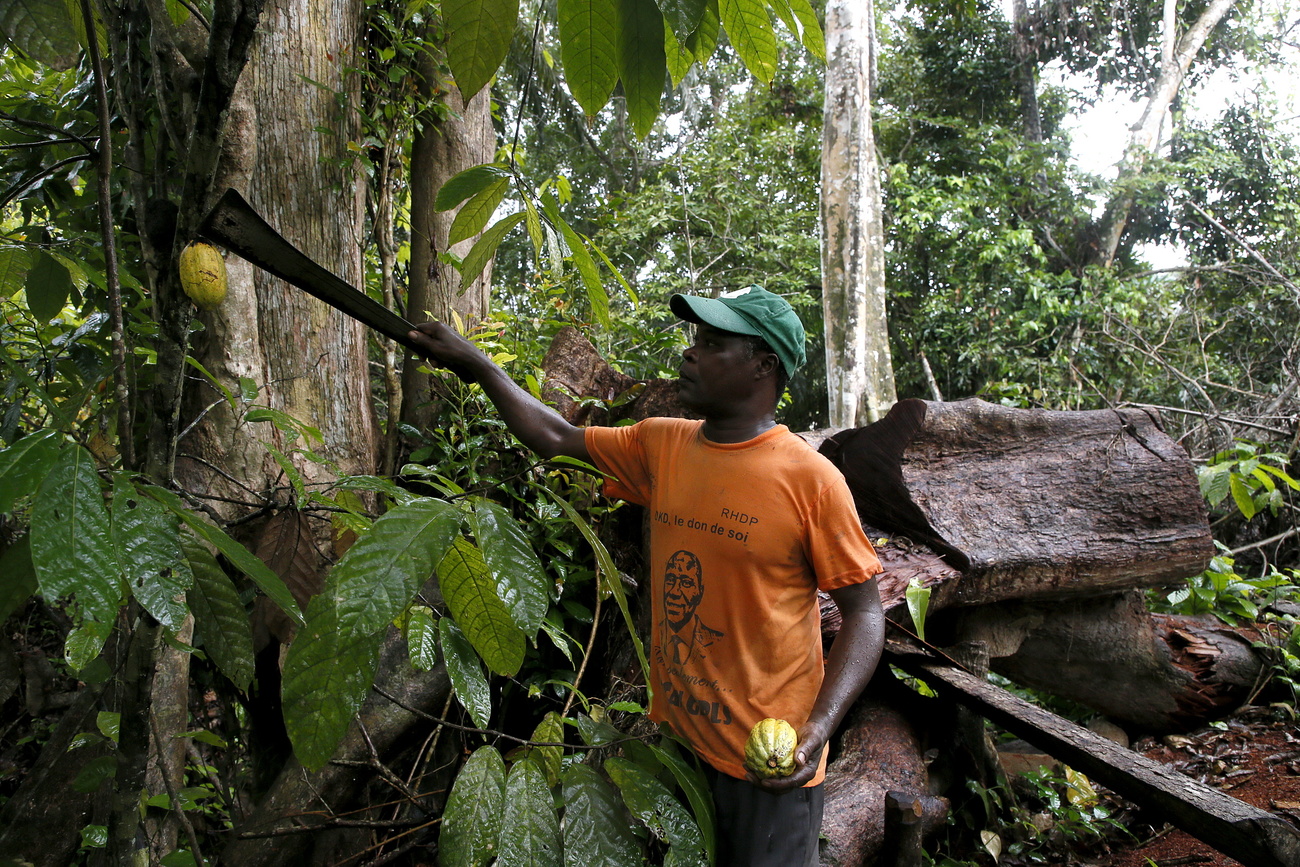
More
Chocolate makers face reckoning over persistent child labour challenge
Those behind the Responsible Business Initiative recognised this dilemma and tried to narrow the scope of liability in the text before voters. Wettstein, who is a part of the committee that launched the initiative, says companies “won’t be sued for actions of a smallholder cocoa farmer in Ivory Coast but they will be if they didn’t take care to ensure their direct supplier upholds human rights. That’s not unreasonable to expect of a company.”
A spokesperson for ABB told swissinfo.ch that the company “expects everybody who works for ABB, either directly as an employee or indirectly in our supply chain, to respect each individual’s human rights.”
Roche also said that the company bears a “great responsibility” for strict compliance with legal regulations and ethical standards and that it enforces its policies worldwide in subsidiaries and in relationships with suppliers.
But many companies are concerned about the space between responsibility and legal liability, and aren’t convinced that the initiative’s narrow idea of control will actually be applied.
“The concept of liability is something else – it is a legal responsibility for what happens in your supply chain,” says Wyss from Nestlé.
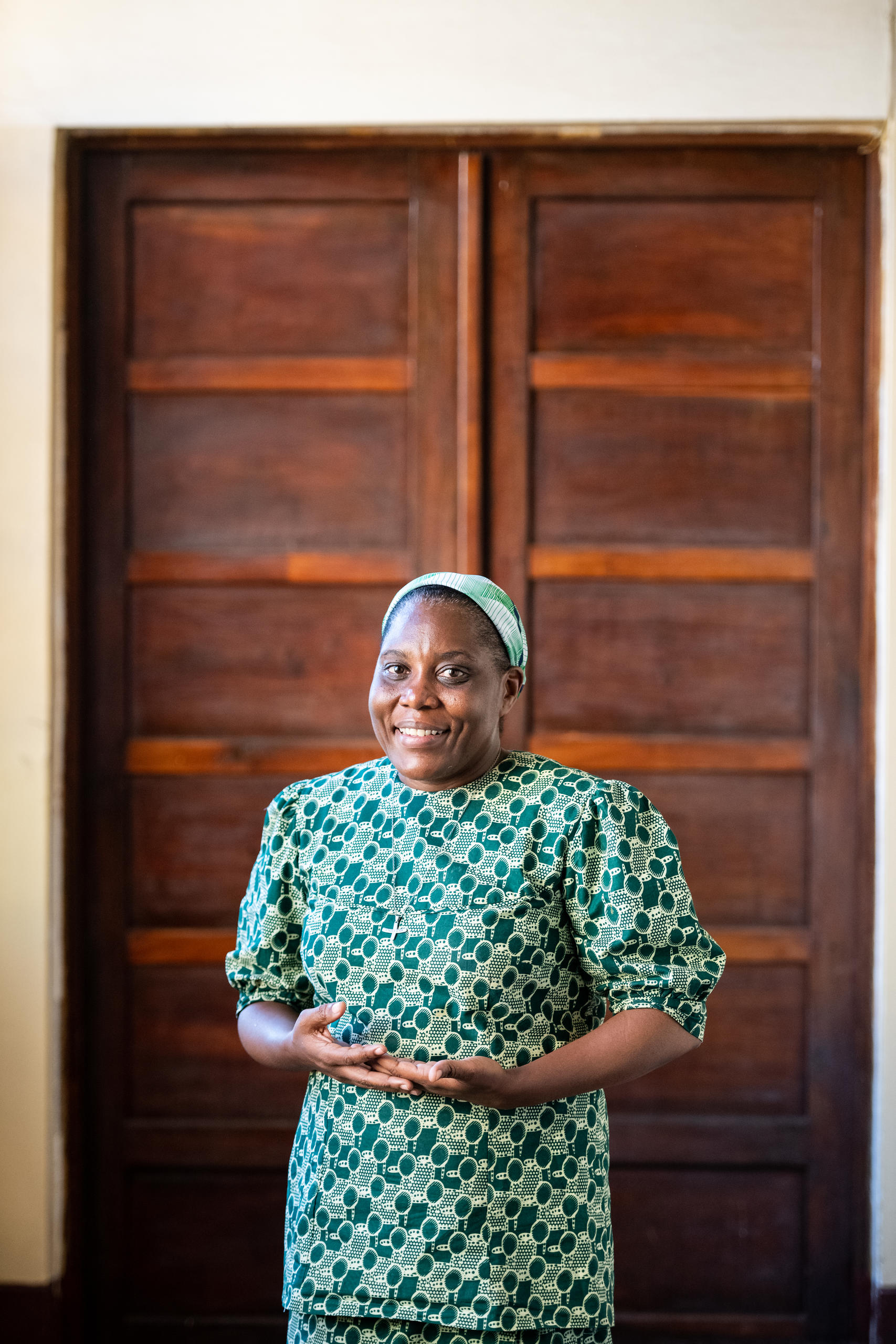
More
‘Phones come at the price of shattered health and environment’
“It would make us more comfortable if the wording of the initiative was only our first-tier suppliers. We have a contractual relationship with 150,000 suppliers and we have a clause in contracts that they have to abide by our policies. We audit them every year.”
Nestlé is already facing a lawsuit by a group of former child slaves in Ivory Coast. They claim Nestlé’s US subsidiary and other chocolate companies allegedly aided and abetted child slavery by knowingly purchasing cocoa produced with such labour. Nestlé has said it is fighting the case and has been working to combat child labour in cocoa production.

More
Why little Switzerland matters for the survival of tropical forests
Toothless alternative
Those behind the Responsible Business Initiative say its main goal isn’t for companies to shell out money on lawsuits and compensation to victims. It’s to make sure the abuses don’t happen in the first place.
Wettstein says that based on examples from other countries such as the UK that require companies to report on efforts to prevent slavery, “if there are no sanctions, few companies will do anything”. He doubts that much will change if the counter-proposal before voters, which doesn’t include a liability clause, is approved.
Blankenbach agrees. “Without liability, without teeth, there will be no real level-playing field as requirements towards companies can be all too easily evaded in practice.”
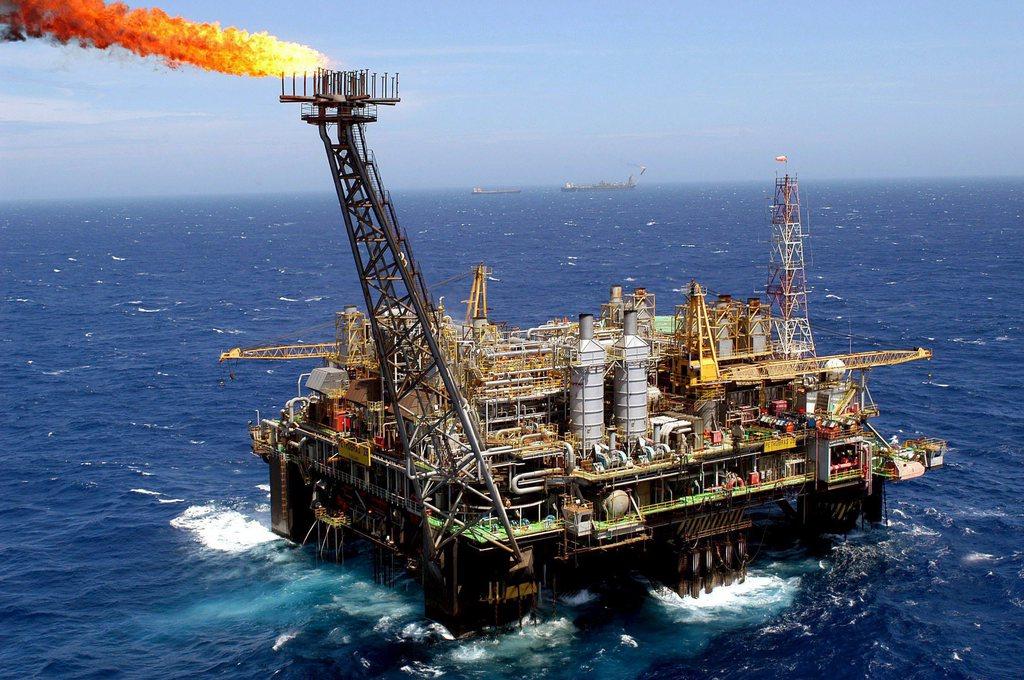
More
How do traders ensure due diligence in high-risk countries?
The EU is about to enact legislation that goes beyond what is proposed in the counter-proposal. Wettstein says that “if Switzerland doesn’t adopt the initiative, we will already be behind.”
It’s difficult to know whether there will be a flood of lawsuits if the initiative passes. Mladen Stojiljković, an attorney at Vischer law firm in Zurich who specialises in international litigation and arbitration, says that “Switzerland is not a very litigious country. There is a high burden of proof that a claimant has to satisfy. There is also difficulty getting access to evidence in the possession of the opposing party.” This makes it very difficult to prove fault in Swiss courts.
Bueno of the University of Zurich estimates that “if there really were a flood of lawsuits, it would mean that Swiss companies have a very big problem with human rights”.
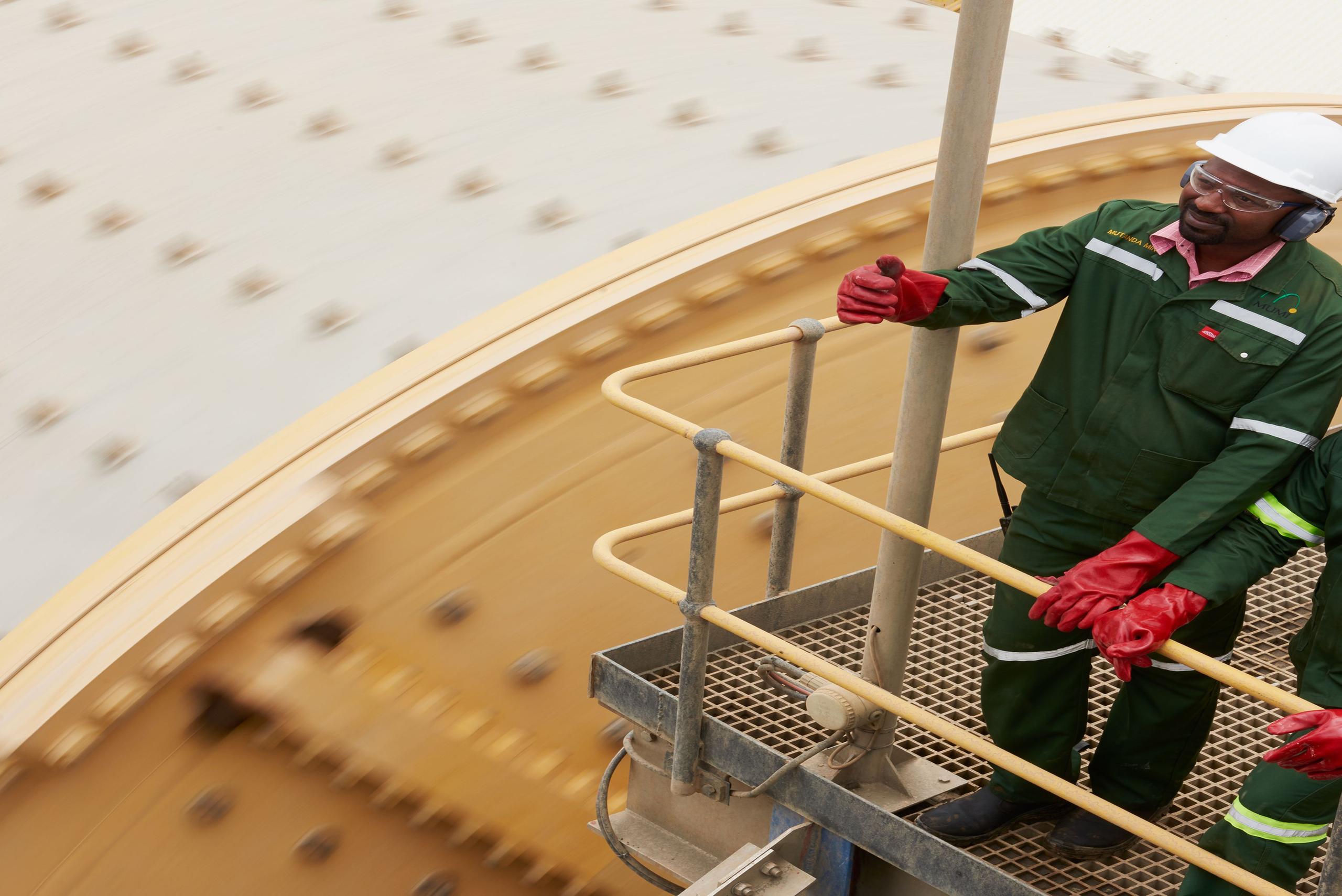
More
How Glencore does its homework

In compliance with the JTI standards
More: SWI swissinfo.ch certified by the Journalism Trust Initiative



























Join the conversation!